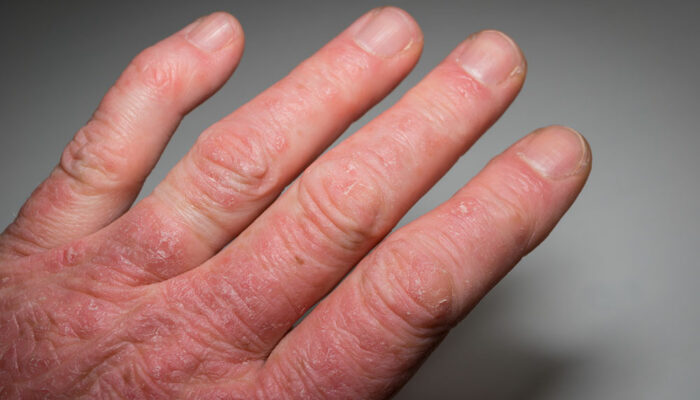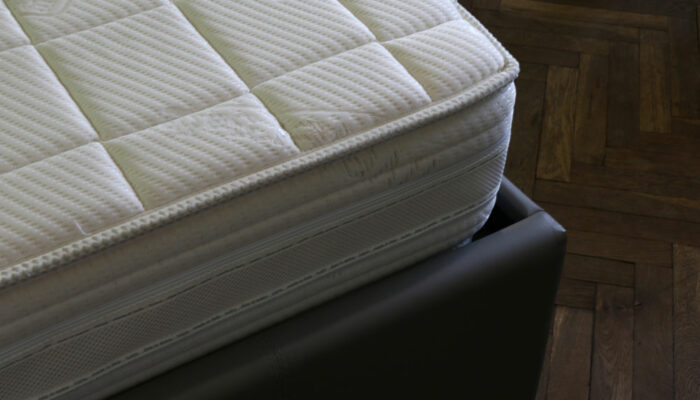
6 Simple Lifestyle Tips for Managing an Overactive Bladder
An overactive bladder can cause severe discomfort and lead to embarrassing situations like accidental urine leakages. Rushing to the toilet over seven or eight times a day and frequent nighttime urges to urinate are common in people with this condition. This can also impact sleep patterns and quality, affecting one’s daily life. While several medications can help treat the symptoms, several simple yet effective lifestyle tips can come in handy for managing an overactive bladder:
1. Practice simple exercises
One can practice simple Kegel exercises to strengthen the pelvic muscles. This includes tightening the pelvic muscles, holding for 10 seconds, and then relaxing them for 10 seconds. Repeat this contraction and relaxation cycle 10 times. One can do this exercise multiple times, anywhere, any time of the day. It trains the muscles to hold in urine and helps control urinary incontinence.
2. Train the mind
An overactive bladder is undoubtedly a physiological issue, but the sudden urge to urinate can be controlled to a certain extent. Bladder training helps increase one’s control, so one can hold a little while when they feel the need to pee. Slowly, one can try to increase the duration of this hold. Over time, this lifestyle tip for managing an overactive bladder can help an individual gain enough time to find a restroom and avoid urine leakage accidents.
3. Time oneself
Timing oneself to use the bathroom can also help, and this lifestyle tip for managing an overactive bladder is especially useful for working professionals. One can set an alarm every few hours to use the restroom and extend the duration between two trips over time.
4. Learn to plan the day
Proper hydration is essential for overall health, as dehydration can lead to several illnesses. That said, people with overactive bladder should plan and schedule their days. This includes hydrating oneself at regular intervals and following a routine for using the bathroom. Also, it’s advisable not to drink fluids in the evening, especially before bedtime, to reduce nighttime urges to urinate.
5. Eat the right foods
Food is thy medicine. What one eats and drinks directly affects their body, so people with overactive bladder should opt for soothing foods. At the same time, one should avoid trigger foods and beverages like tea, coffee, and carbonated and caffeinated drinks that act as diuretics and increase urine output. Similarly, tomatoes, chocolates, artificial sweeteners, citrus fruits, and spicy foods can aggravate an already sensitive bladder. Also, it’s recommended to avoid diuretic medications at night because they increase urine output.
6. Maintain a healthy weight
Excess weight can pressurize the bladder and aggravate incontinence in people with this condition. One of the most helpful lifestyle tips for managing an overactive bladder is to shed the excess weight to prevent accidental leakage of urine due to excess pressure on the bladder. Maintaining a healthy weight helps alleviate the symptoms and also prevents several other health complications.



